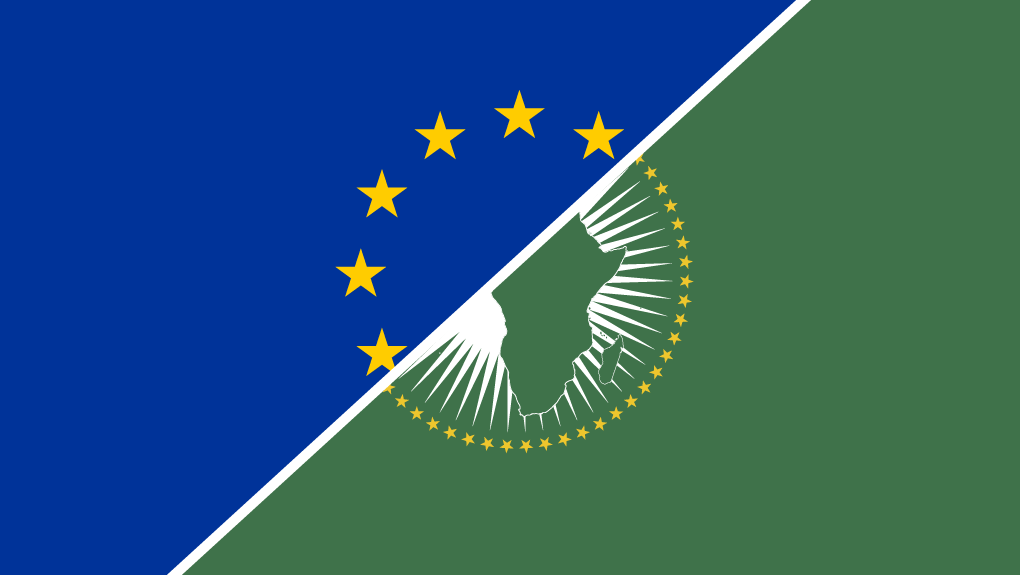African Union and European Union formally adopted the new Innovation Agenda

The African Union (AU) and the European Union (EU) adopted on 19 July the new AU-EU Innovation Agenda, which aims to increase the capabilities and achievements of European and African researchers and innovators and turn these into tangible results such as products, services, businesses and jobs.
It is one of the main initiatives of the Global Gateway strategy and includes four objectives (with short, medium and long-term actions), grouped according to the priority areas of AU-EU cooperation in Research and Innovation (R&I): Public Health, Green Transition, Innovation and Technology and Capacities for Science, as well as cross-cutting issues.
The AU-EU Innovation Agenda is accompanied by an Action Plan, which will be continuously updated and which provides an overview of the governance and coordination of the Agenda, as well as implementation initiatives. Initiatives that will contribute to the implementation of this Agenda include European Commission programmes such as Horizon Europe and the Africa-Europe Global Gateway Investment Package, the AU Commission, EU and AU Member States and other organisations.
The UA-EU Innovation Interface, part of the Innovation Talent Platform, has also been made available, providing information on initiatives and opportunities for innovators, entrepreneurs, researchers and investors generated during the implementation of the UA-EU Innovation Agenda. Among other resources, it will provide access to a new "UA-EU Advanced Technology Transformation Training Programme" for innovators and entrepreneurs, with the first edition expected to take place later in 2023.
A Summit of AU and EU R&I Ministers is planned to meet in 2024 to assess progress in implementing the agenda.
From the 6th EU-Africa Summit to the new Innovation Agenda
The AU-EU Innovation Agenda stems from the conclusions of the 6th EU-Africa Summit, held on 17-18 February 2022 and was developed by AU and EU Member States in the framework of multilateral cooperation.
The agenda was first published in February 2022 as a working document discussed with stakeholders through an online public consultation and other outreach events. The new agenda culminated in a stakeholder event in Nairobi in November 2022. Its final report was also made available by the European Commission on 19 July.